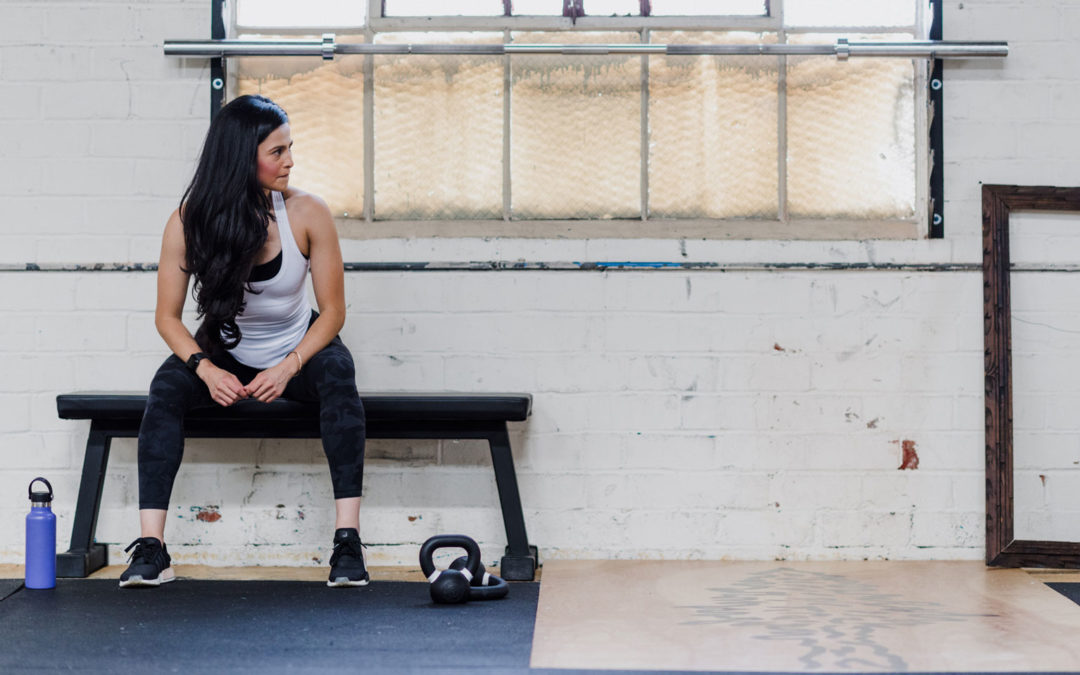One of the most interesting things that distinguishes humans from the rest of the animal world is our awareness of the self—and our ability to form an identity. And once we do, then we decide whether we like that identity or not.
Unfortunately, humans have a capacity for judgement, and all too often we fall victim to negative self-talk and our ‘inner critic,’ which inevitably leads to low self-esteem. And we need self-esteem—quite literally—for our psychological survival.
You likely know people who exude confidence and seem completely comfortable in their own skin. Some of those people may even come across as overconfident (and quite possibly narcissistic). They seemingly love themselves all the time, no questions asked. I’m not saying this reality isn’t possible, but it’s certainly not the norm. And if you dig deeper, you’ll often find some level of insecurity in these people (or downright delusion). For most of us, self-esteem is something that we continually have to work at, and often it feels a bit too fragile.
Like anything else, though, you can work on improving your self-esteem.
As you’ll see from the tips below, being part of our community is a great start!
- Be physically active
Research continually shows that physical activity—from strength training to aerobic activity—can result in improved self-esteem. It comes down to this: Feeling and being healthy translates into feeling better about yourself. So does seeing yourself improve (there’s a reason we want you to keep track of your numbers—it allows you to measure tangible improvements).
- Identify your strengths
Everyone has strengths and weaknesses. The problem with the inner critic is that it focuses on where we fall short. That’s why it’s important to make a point of identifying and appreciating your strengths and assets.
Here’s an exercise that might help you: Make a list of both your strengths and your weaknesses, and then notice the way you describe each. Your language will likely be harsh and judgmental when describing your weaknesses, while you may gloss over your strengths, not truly appreciating them. What you want to do is flip the script. Think about how your family and friends might describe your strengths. Likely, they’d be glowing in their descriptions (and maybe even jealous!). That’s how you need to think of them. Choose a few of your strengths and write them down and put them somewhere you can see. Sometimes a reminder goes a long way.
- Surround yourself with good people.
It shouldn’t be a surprise that being surrounded with negative people can bring you down.
On the other hand, being part of a community of genuinely supportive, health-conscious individuals rubs off on others in a good way.
- Focus on what you can control
There’s a lot in life that we can’t control, and the sooner we learn to accept that the better off (and healthier) we’ll be. You can’t even control all the thoughts that enter your mind (BUT you CAN control what you do with them).
Stressing about things beyond your control is normal, albeit stressful. And again, a great solution to stress is working out. Most people say they leave the gym less stressed and more capable of attacking what life throws their way.
- Identify and confront cognitive distortions
Cognitive distortions are inaccurate thoughts that can lead you to experience negative emotions and feel badly about yourself. Identifying and confronting them can be extremely helpful in improving your self-esteem. Why? Because they’re lies, and they need to be called out.
Forgetting to make a school lunch for your daughter is a mistake or an accident; it doesn’t make you a bad mother or father. But that’s how cognitive distortions work, and they need to be stamped out. The next time your inner critic makes a global statement, stop and analyze the thought. Hit back at your critic with the ample evidence that shows why your critic is a liar.
- Practice self-compassion
You probably lead a busy life. There’s lots to do – sometimes too much.
Unfortunately, the first thing we often forgo when we’re busy is self-care. This can not only impact your physical and mental health, but it can also contribute to low self-esteem.
Our clients have told us that the gym is their one-hour escape each day, where they do something positive for themselves—in other words, their self-care.

